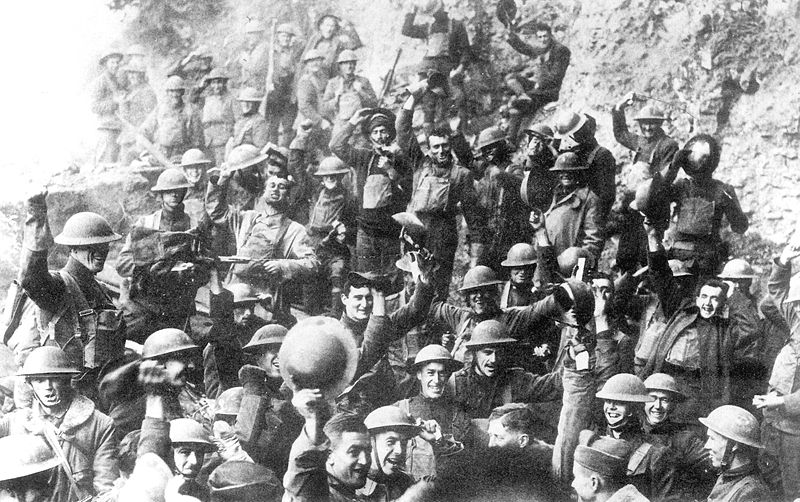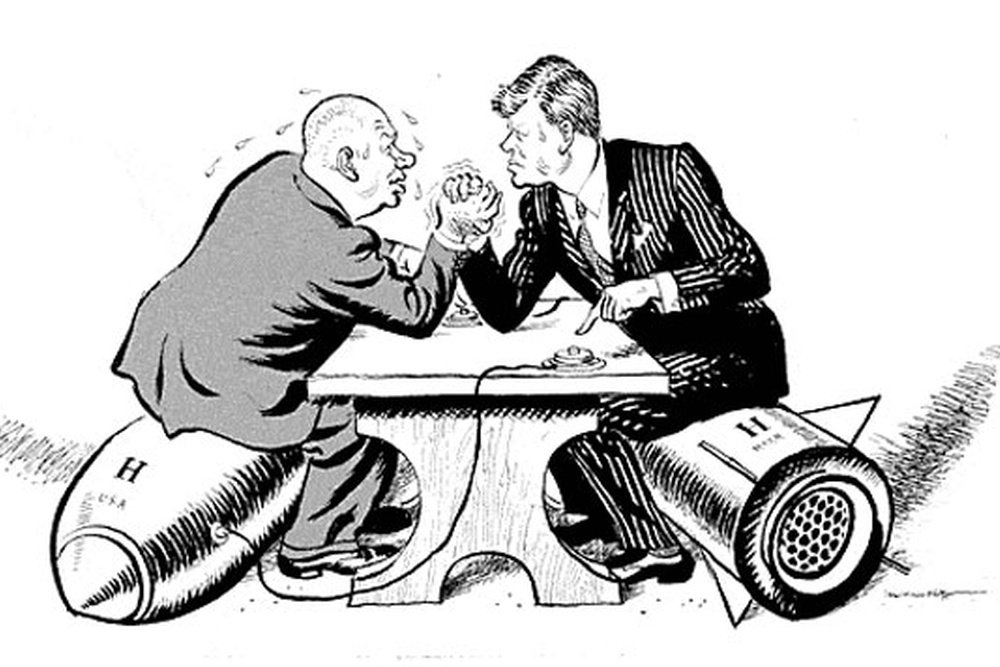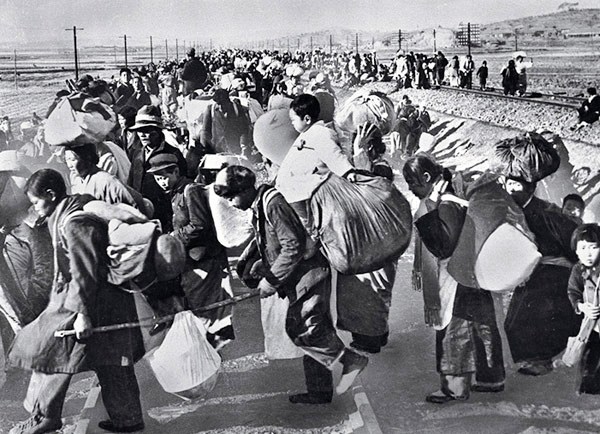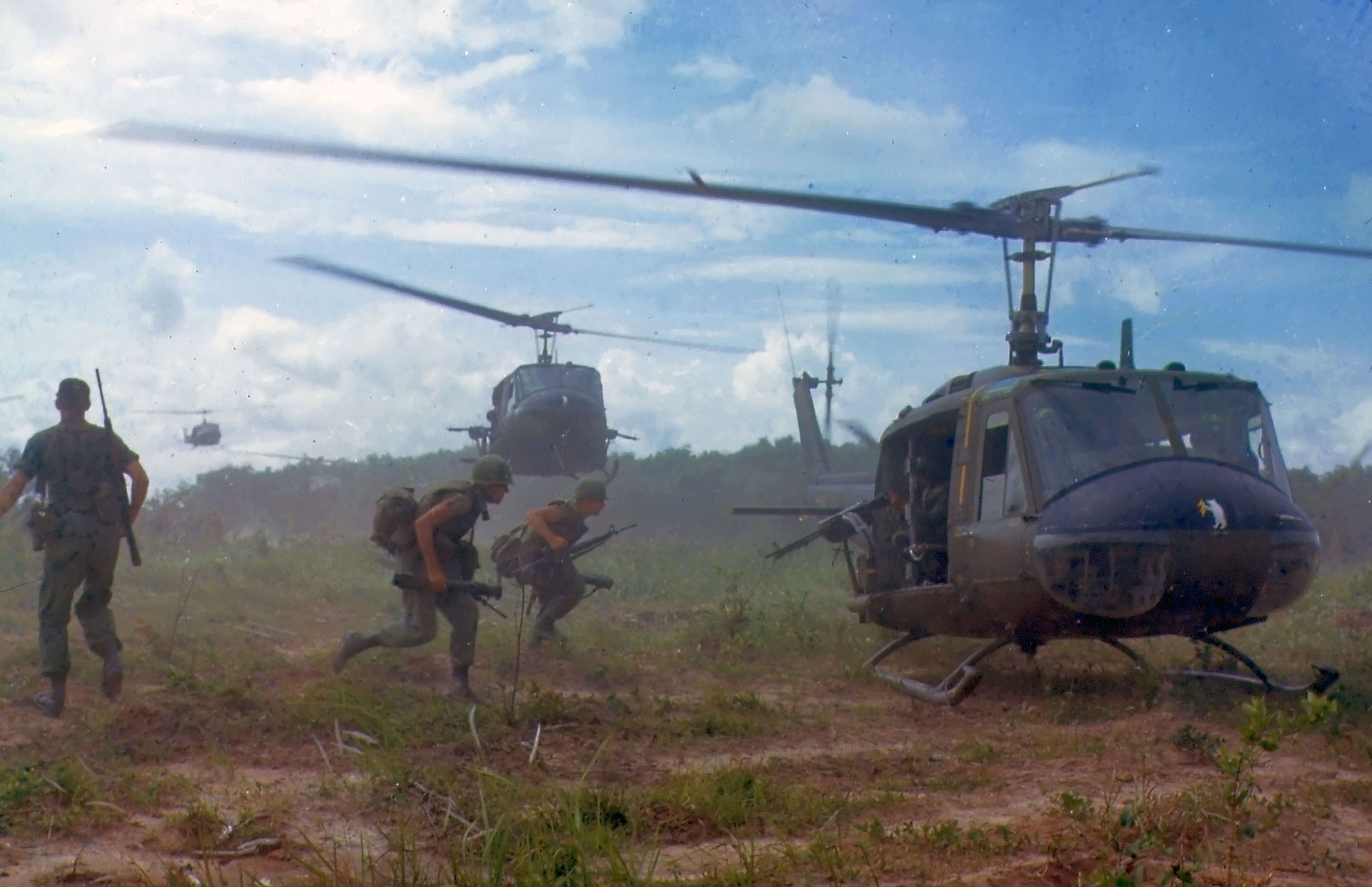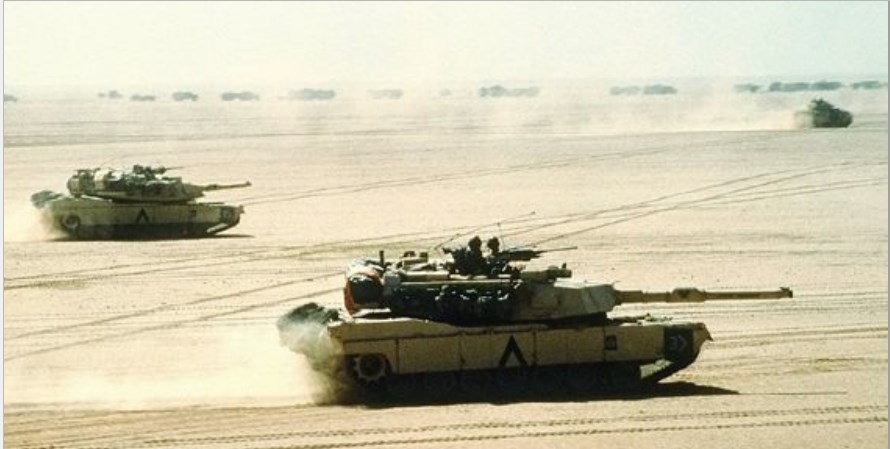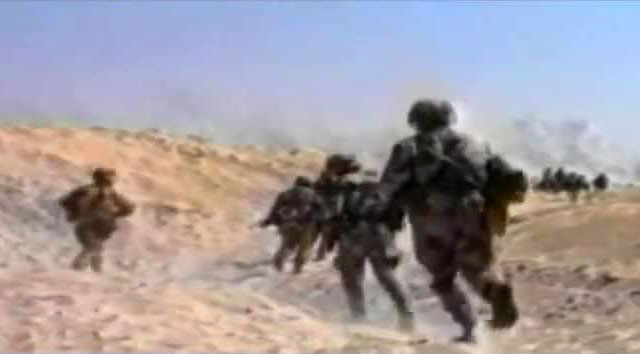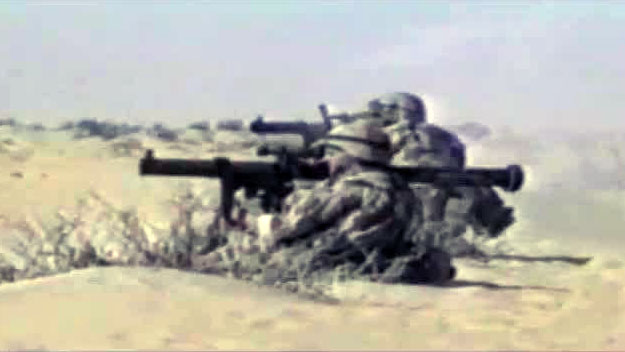
Veterans Day is the day we honor those individuals who bravely answered the call of duty to preserve and protect our beloved United States, as well as our rights. The observance was originally called "Armistice Day". President Woodrow Wilson declared 11 November, 1919 as the first ever Armistice Day to commemorate what happened exactly one year prior. After four years of bloody fighting during World War I, a ceasefire was called on the date of 11 November, 1918, and all guns- Allied as well as those of the Central Powers- fell silent on the eleventh hour of the eleventh day of the eleventh month.
A congressional act passed on May 13, 1938 made the 11th of November in each year a legal holiday—a day to be dedicated to the cause of world peace and to be thereafter celebrated and known as “Armistice Day.” Armistice Day was primarily a day set aside to honor Veterans of World War I. The holiday evolved further in 1954 when it was expanded to include American veterans of all wars, and the word "Armistice" was replaced with "Veterans."
SCETV wishes to honor South Carolina's veterans by showcasing the Palmetto State's contributions in wars and conflicts throughout U.S. history.
Is there a particular war you may not be familiar with? SCETV has you covered! Take the time to thank a veteran, and browse through the KnowItAll.org Wars and Conflicts Collection below to learn more about these conflicts in which South Carolinians took part!

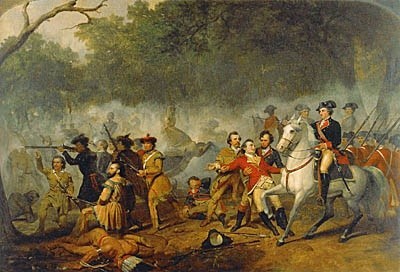
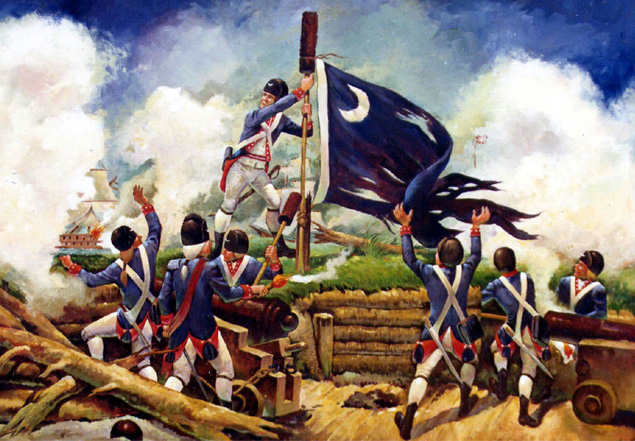
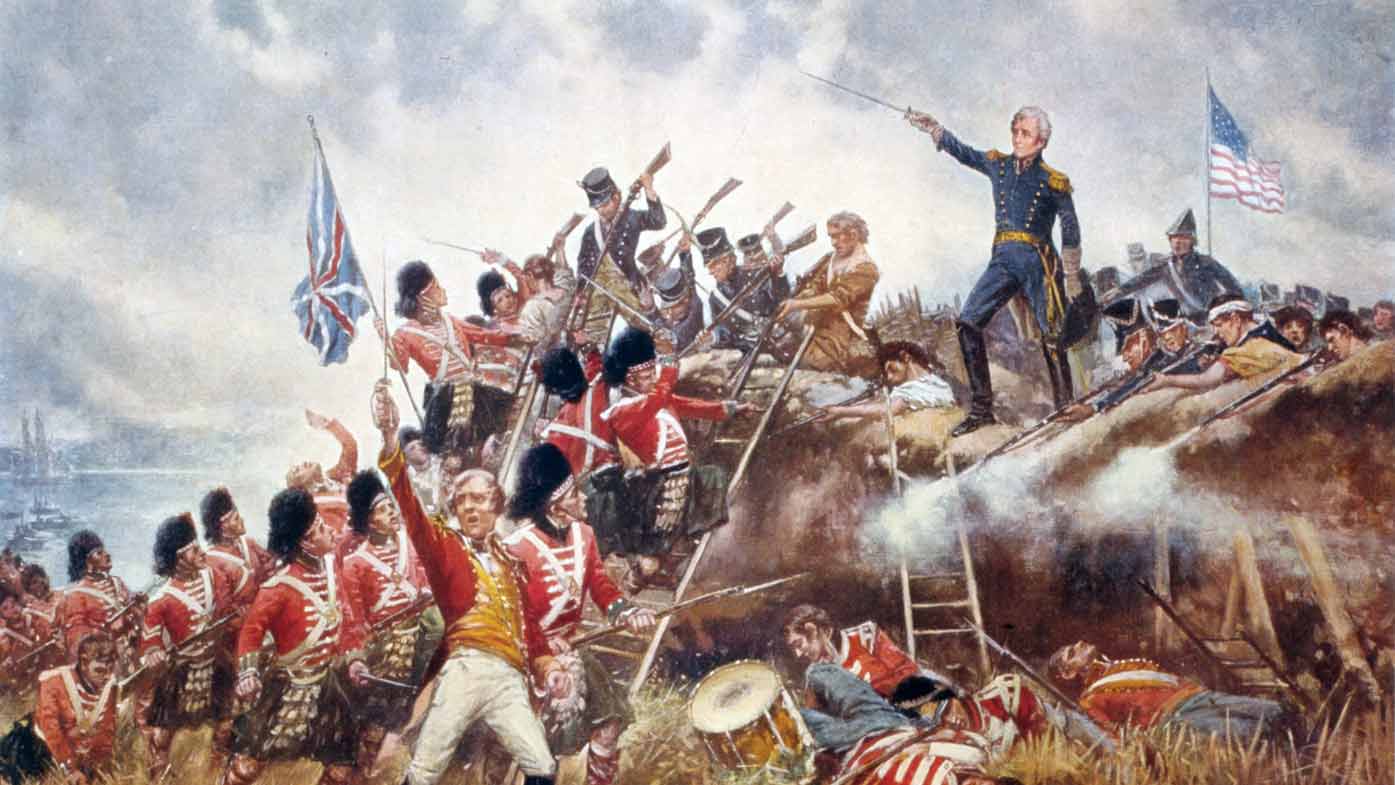
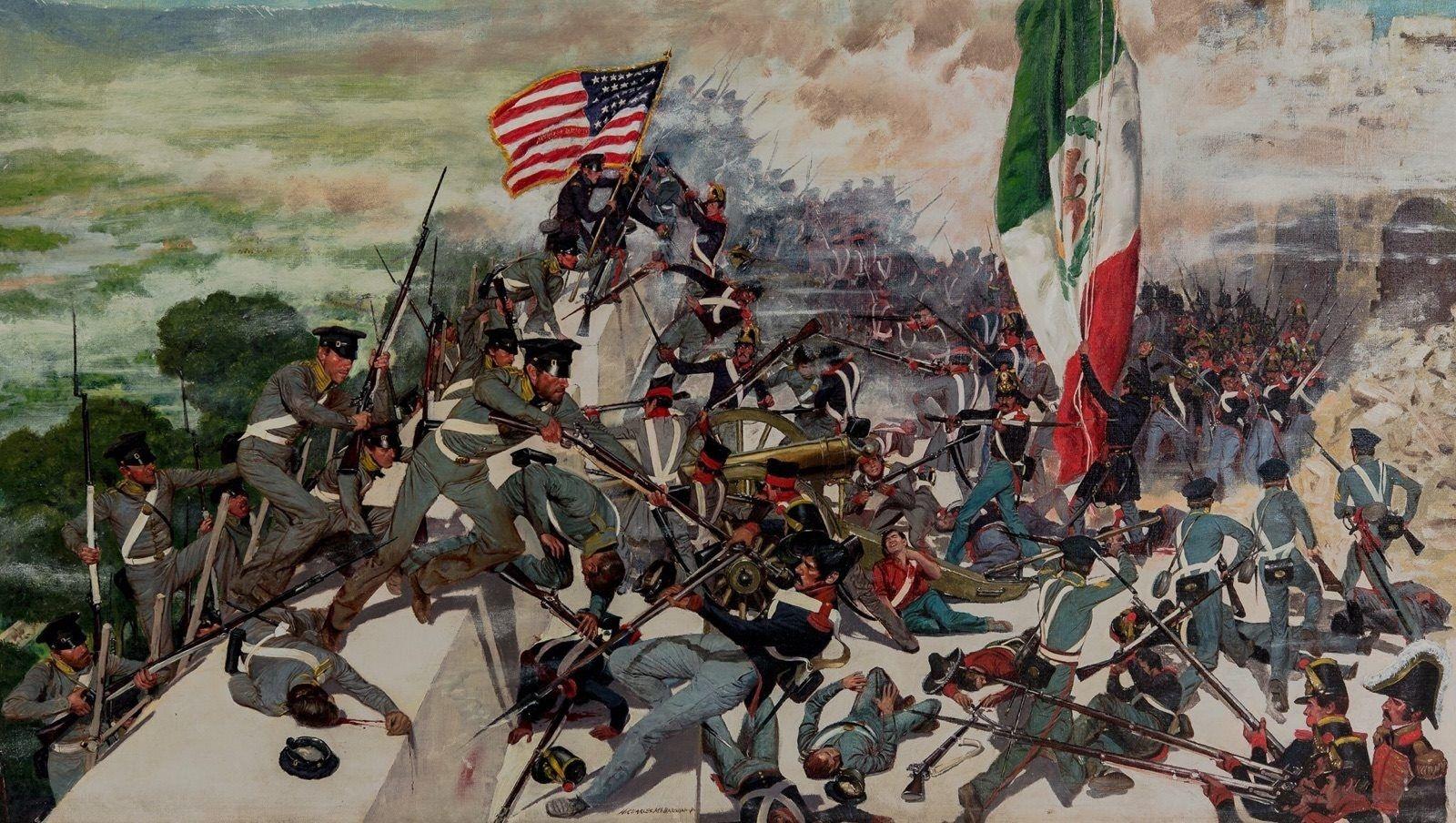
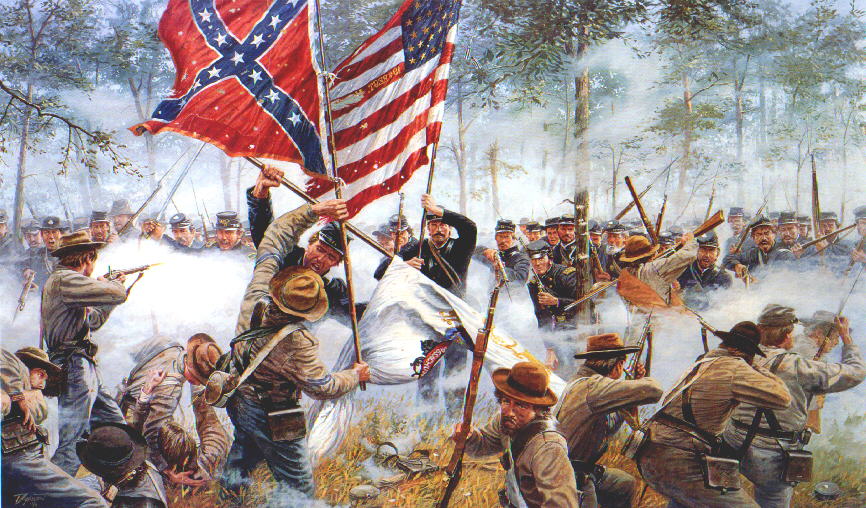
_landed_on_eastern_side_of_Guantanamo_Bay%2C_Cuba_on_10_June_1898.jpg)
